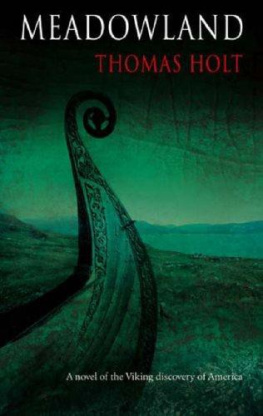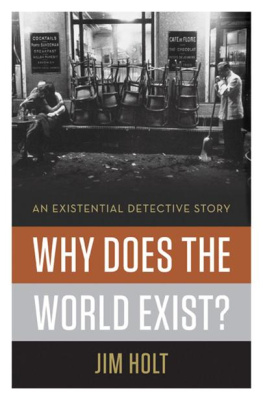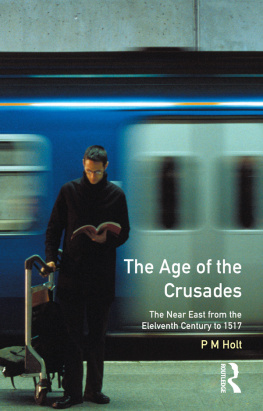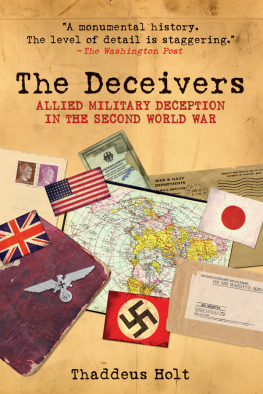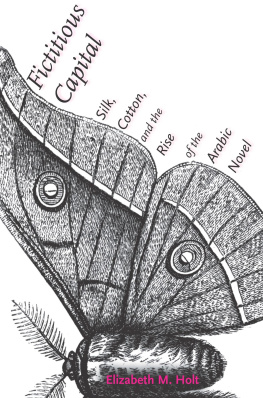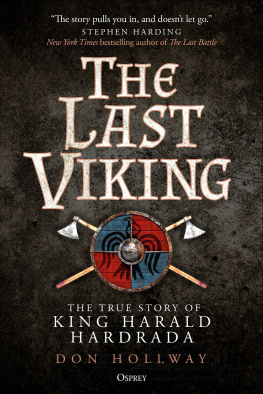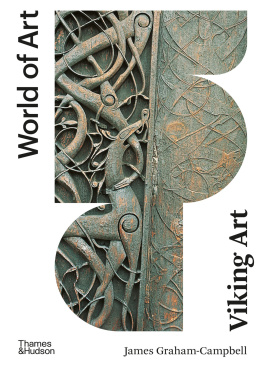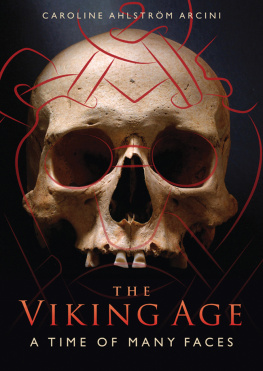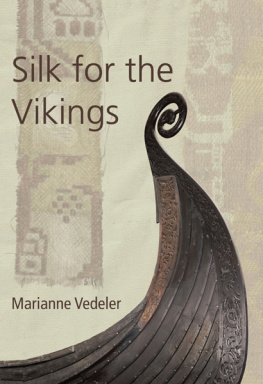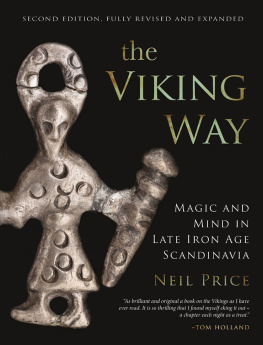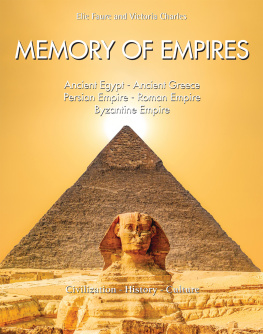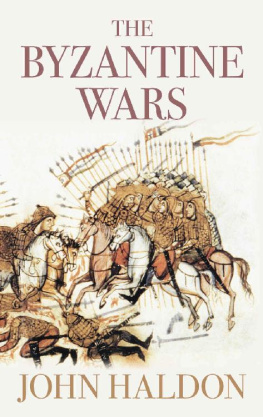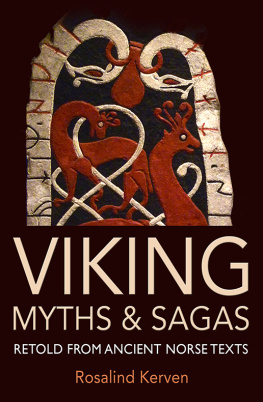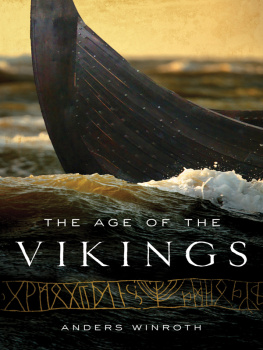Holt - Meadowland
Here you can read online Holt - Meadowland full text of the book (entire story) in english for free. Download pdf and epub, get meaning, cover and reviews about this ebook. City: Great Britain, year: 2005, publisher: Abacus, genre: Adventure. Description of the work, (preface) as well as reviews are available. Best literature library LitArk.com created for fans of good reading and offers a wide selection of genres:
Romance novel
Science fiction
Adventure
Detective
Science
History
Home and family
Prose
Art
Politics
Computer
Non-fiction
Religion
Business
Children
Humor
Choose a favorite category and find really read worthwhile books. Enjoy immersion in the world of imagination, feel the emotions of the characters or learn something new for yourself, make an fascinating discovery.
Meadowland: summary, description and annotation
We offer to read an annotation, description, summary or preface (depends on what the author of the book "Meadowland" wrote himself). If you haven't found the necessary information about the book — write in the comments, we will try to find it.
Meadowland — read online for free the complete book (whole text) full work
Below is the text of the book, divided by pages. System saving the place of the last page read, allows you to conveniently read the book "Meadowland" online for free, without having to search again every time where you left off. Put a bookmark, and you can go to the page where you finished reading at any time.
Font size:
Interval:
Bookmark:
MEADOWLAND
A NOVEL
THOMAS HOLT
For Kitty, Fang and Truffle the Improving Dog; essential monsters O myAmerica , my new-found land...
JOHN DONNE
CHAPTER
ONE
Many years ago I was at some kind of diplomatic function - I'd been dragged along because I have a knack for languages, and nobody else of my rank could understand a word of what these people were saying. It was very dull and rather embarrassing, because I couldn't think of anything to talk to them about; they were upset because they'd come all that way to discuss trade quotas, and there they were surrounded by silent people who were staring at them, and the only one of us present who could talk to them wouldn't know a trade quota if it built its nest in his ear. Eventually, for want of any other common ground, the ambassador started on about Greek philosophy; he was an Arab, and apparently they think very highly of Aristotle and all those people. Philosophy bores me (I'm an accountant), so I limited myself to making little grunting noises and trying to stay awake. At some point I lost the thread completely, because the ambassador asked me a question and I didn't know what we were meant to be talking about.
'I'm sorry,' I said. 'What was that again?'
The ambassador smiled, rather vaguely 'I was asking,' he said, 'what you thought about Plato's decision to exile all poets from his ideal republic.'
By the time I'd remembered who Plato was - actually, family tradition asserts that fifty generations ago, one of my ancestors knew Plato very well, though they weren't friends - he'd figured out that I wasn't paying attention. 'Something we remember in my country,' he said, 'though you seem to have forgotten it, is that Plato was a great wizard. He could do magic.'
'Is that right?' I said.
'Oh yes.' He nodded three times, very quickly. 'There was one time when he was standing in the bazaar and a man asked him to demonstrate his very strongest magic. Plato thought for a moment, then took from his sleeve a bundle wrapped in cloth. In this bundle, he said, I have a very powerful magical object.
The other man was most impressed; what does it do, he asked. Ah, Plato replied, if you know how to use it, it will take you anywhere you wish to go in the twinkling of an eye; it will carry you from Spain to India in a heartbeat, or show you the heart of Asia or the deserts of Africa. It can even take you to where you can see the dead and listen to them talking to you.'
'Really,' I said.
'Absolutely,' the ambassador replied. 'Plato knew all about this magic, and of course we have studied him and learned all his secrets. As it happens,' he went on, 'I have with me just such an object. Look.'
And he dived about inside the sleeve of his robe and pulled out a bronze tube about the size of a cucumber.
'That's remarkable,' I said, wondering what he was looking to achieve. Obviously whatever the thing in the tube was, it couldn't do all those things he'd said; he'd offer to give me a demonstration, it wouldn't work, and we'd have a major loss of face and a serious diplomatic incident on our hands. Why me, I thought? But the ambassador just smiled and said, 'Would you like to see it?'
Well, I couldn't say no; so he pulled off the lid and started fishing about inside the tube with his fingers.
'It's very easy to use,' he went on. 'All you need is a flat surface to unroll it on, and you're ready to go.'
When he said that, I must confess I felt a trifle uneasy After all, we've all heard those Arab stories about wizards who put spells on old carpets and rugs to make them fly, and maybe just possibly there was a grain of truth in them. What if the tube really did contain a flying carpet? Was I expected to climb on to it and be whisked away to the ends of the Earth? The fact is, I hate heights and I'm seasick crossing the Bosphorus on a calm day I was beginning to wish I'd stayed in my chambers and done some work.
'Here we are,' the ambassador said, and he pulled out the contents of the tube; and of course you're way ahead of me, and you guessed quite some time ago that what he'd got in there wasn't some scrap of magical cloth but a plain, ordinary book.
The point being:
My name is John Stethatus. I was born in the year of Our Lord 990. I live in the great city of Constantinople and serve his Imperial majesty Constantine X, Emperor of the Romans, in the capacity of clerk to the exchequer; which means, in practice, that my world consists of a few streets, a small office, a chair and a table. I was born in the City, have been outside it only four times, and never wish to leave it again. It's hard, therefore, to imagine someone less likely or worse suited to announce to the world the discovery of a new island, further north and west than any land hitherto known to us, a place that can only be reached by crossing a sea so cold that in winter it freezes into ice, yet so pleasant and hospitable that both grain and grapes grow there wild, as they did in Eden before Adam's fall. Unfortunately, because I have a knack for languages and a fatal tendency to listen to people, the job has fallen to me, and I shall endeavour to do my best.
It was the spring of the year of Our Lord 1036. I forget who we were at war with that year, or who was plotting with and against whom - stupid of me, because of course that sort of thing is the essence of history, and here I am pretending to be a historian. But I know my limitations, so I'll stick to what I do remember. If you're interested in the big stories, there are plenty of books.
What I remember most clearly was the panic in our office when the rumour filtered down that someone was going to have to accompany the payroll to our forces in Sicily. Our department consisted of me and half a dozen other portly, settled middle-aged eunuchs whose own mothers couldn't have told them apart from me in bright sunlight. None of us wanted to go. I remember the embarrassed silence when the man from the military finally sent for us all and asked for a volunteer. We stood there like guilty schoolchildren
-nobody owns up, the whole class will be kept in at playtime -while the soldier waited and scowled, his patience draining away like wine from a cracked jar. Finally he glanced down at the notes he'd brought with him, and observed in a deliberately matter-of-fact voice that John Stethatus was supposed to have a knack for languages.
'Not really,' I muttered, after another long silence. 'I mean, I know a smattering of Arabic and a few words-'
'Arabic,' the soldier interrupted joyfully 'Excellent.'
Sicily is, of course, crawling with Saracens. I'd forgotten that.
So there I was, a few days later, sitting in a coach that was more of a farm cart, with my back to twelve huge iron chests crammed with fat gold coins, all fresh and sharp-edged from the Mint. I was wrapped up in three woollen cloaks (it was baking hot, but it might turn cold later) and feeling more wretched than you could possibly imagine. It wasn't fear - well, of course it was fear up to a point, because there'd be boats and mountain roads and bandit-haunted passes and a bullion train, even an imperial one, is basically an invitation to the entire world to help itself; but it wasn't death or serious injury that I was mostly afraid of. To be honest with you, it was awkwardness, embarrassment. Like I told you, I'd spent my whole life in the City, exclusively in the company of my own kind or my betters, which was precisely how I liked it. Now I was setting out on a two-month journey into the wild unknown - ship to Illyria, down through Greece, ship to Sicily - with no company except the bullion guards, who weren't my sort of people at all. In fact, they weren't even Greeks. They were, of course, Varangians.
Quick explanation. We use the term Varangians to cover the people from the North-West who drift down to the Empire to serve as mercenaries in the emperor's elite personal guard. They're ideally suited for this purpose; partly because they're all huge tall men, trained from birth to be ruthlessly vicious fighters; mostly because they're loyal to whoever pays their wages, and in the Empire, loyalty is an exclusively imported commodity, like beaver pelts and amber. We only have a very vague idea of where the Varangians come from, and we care less. Since it's extremely relevant to the story, however, you should know that they mostly derive from the cold, inhospitable places north of Germany: Norway, Sweden, Russia, Denmark, England and Iceland. Believe it or not, the ones who end up in the Empire tend to be drawn from the upper echelons of their society, what passes for the nobility up there; they want to see the world, or they get into trouble with their neighbours and have to clear out, and so they come south and join the Guard. They're all the sons of wealthy families, so they'll have you believe, and lots of them are noblemen and princes in their own country. You'd find this hard to believe if you'd ever watched them eating.
Next pageFont size:
Interval:
Bookmark:
Similar books «Meadowland»
Look at similar books to Meadowland. We have selected literature similar in name and meaning in the hope of providing readers with more options to find new, interesting, not yet read works.
Discussion, reviews of the book Meadowland and just readers' own opinions. Leave your comments, write what you think about the work, its meaning or the main characters. Specify what exactly you liked and what you didn't like, and why you think so.

